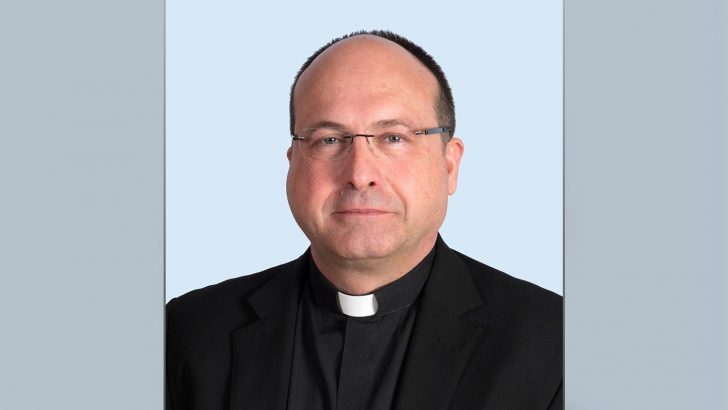An influential umbrella organisation for bishops across the European Union has warned that restrictions on public Masses and other ceremonies are a risk to religious freedom.
In a statement the Commission of the Bishops’ Conferences of the European Union (COMECE) has that basic freedom is at stake in the continent’s battle with the coronavirus.
Fr Manuel Enrique Barrios Prieto, General Secretary of COMECE, warned there is a widespread feeling within the Church that the “fundamental right” of religion and worship could be eroded.
“The reopening of churches must be implemented by civil authorities in dialogue with ecclesial institutions,” Fr Barrios Prieto insisted.
“Freedom of religion, including freedom of worship, is a fundamental right and a real necessity for many people.
“The reopening of churches,” he continued, “in compliance with the rules of sanitary caution, must be implemented by civil authorities in a clear and non-arbitrary way, in full respect of and in dialogue with ecclesial institutions.”
COMECE pointed out that in the current emergency, having dialogue between Churches, the European Union and national institutions is as crucial as ever.
Context
In the context of the ever-growing attention of the EU for the upholding of fundamental rights and the rule of law in the member states, the organisation said monitoring respect for the fundamental right to freedom of religion in anti-Covid-19 public policies should be part of the process.
The ‘Joint European Roadmap towards lifting coronavirus containment measures’ recently published by the EU Commission lacks of any explicit mention of religious services.
“This is disappointing,” said Fr Barrios Prieto, adding that “it neglects the key role of religion in European societies.”
COMECE reiterated that religion is not a private issue, but a public and collective dimension expressed in all main human right texts, including the EU Charter.
The approach of certain secularist actors against the role of religion in the public square may, according to COMECE, have contributed to its marginalisation in the context of the present pandemic.
In its document Respecting democracy, rule of law and human rights in the framework of the Covid-19 sanitary crisis – A toolkit for member states, the Council of Europe (COE) underlines that the effective enjoyment of the fundamental right to freedom of religion is “a benchmark of modern democratic societies”.
The COE also calls on the authorities to ensure that any restriction is “clearly established by law, in compliance with relevant constitutional guarantees and proportionate to the aim it pursues”.
The Council of Europe – not to be confused with the European Union – is a 47 member state body set up in the aftermath of World War II to promote dialogue and mutual cooperation.


 Fr Manuel Enrique Barrios Prieto
Fr Manuel Enrique Barrios Prieto 